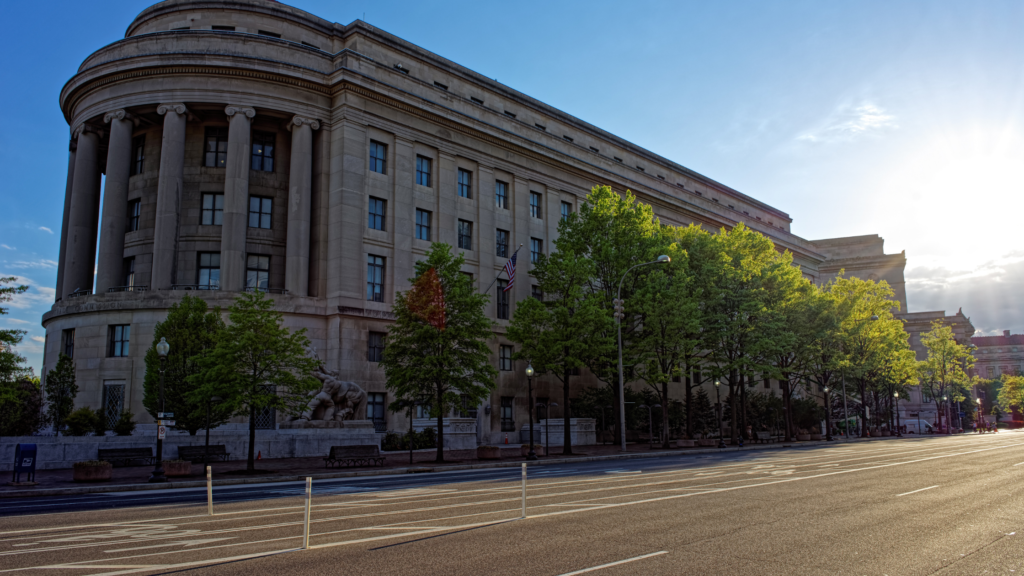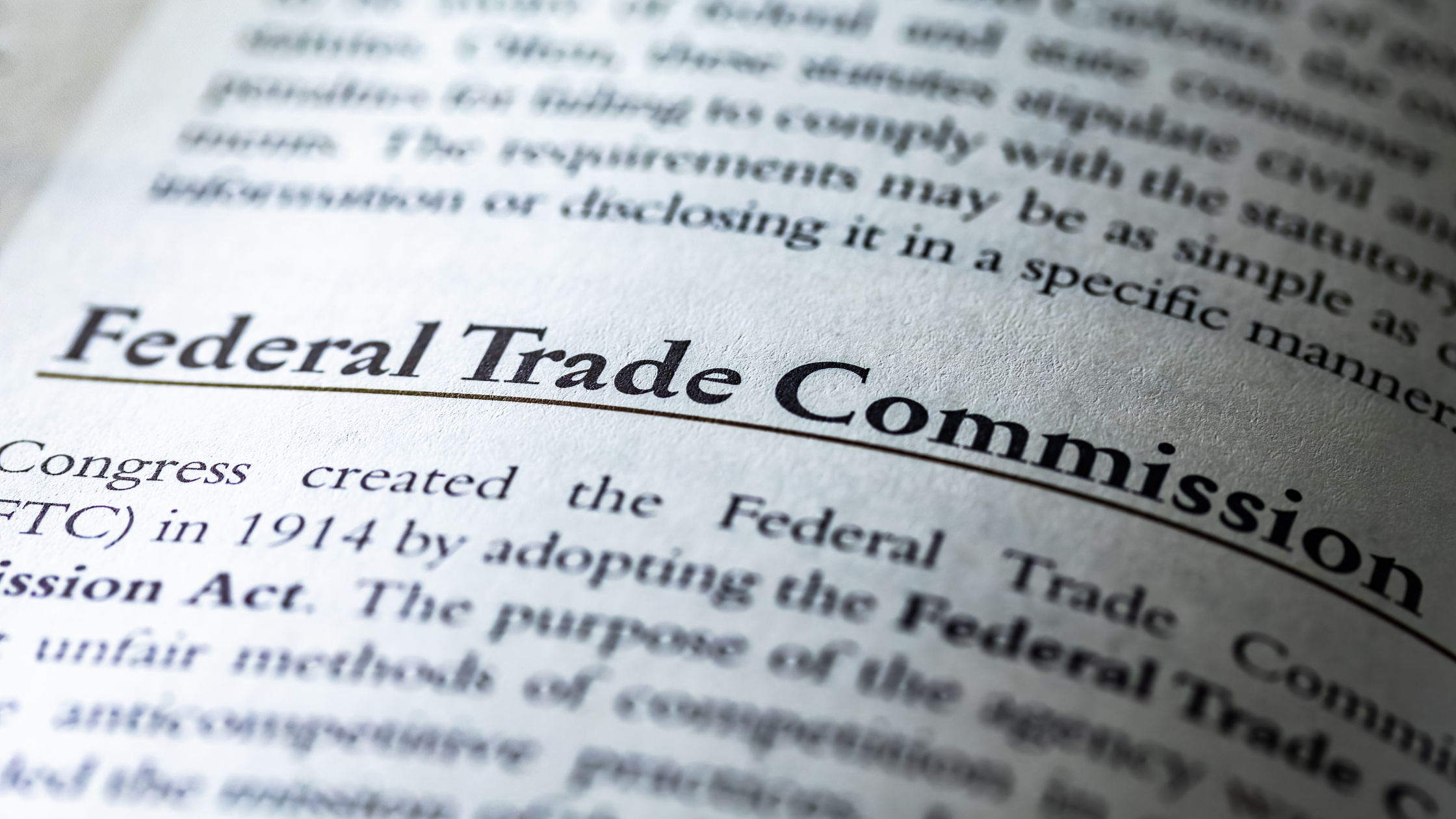Are you seeking reliable and accurate information about Kubota’s false ‘Made in USA’ claims and the FTC record penalty? If so, you have come to the right place. In this article, you will learn everything you need to know about this important and controversial topic, such as:
What did Kubota do wrong, and how did the FTC’s find out?

How did Kubota respond to the FTC’s charges, and what are the consequences for the company?
What is the history of Kubota’s violations of the Made in USA rule, and how does it compare to other cases?
What is the Made in USA Labeling Rule, and why is it essential for consumers and businesses?
By reading this article, you will gain a deeper understanding of the issues and implications of Kubota’s false ‘Made in USA’ claims and the FTC’s record penalty. You will also discover valuable resources and links to learn more about this topic. So, without further ado, let’s get started.
Record Penalty on Kubota for Mislabeling
The Federal Trade Commission (FTC) said on Friday that it imposed a $2 million penalty on Kubota, one of the biggest tractor makers in the world, for wrongly labelling some of its spare parts as “Made in the USA”.
Samuel Levine, director of the FTC’s Bureau of Consumer Protection, said, “Today’s settlement includes the largest civil penalty assessed for violating the Made in USA Labeling Rule. The FTC’s will continue cracking down on deceptive Made in USA claims that cheat consumers and honest businesses.”
Kubota Mislabels Thousands of Imported Products
Kubota North America Corporation, based in Dallas, broke the 2021 rule by labelling thousands of products or items that were entirely imported or made with significant imported materials as U.S.-made since at least 2021, according to a court order. The FTC’s said that Kubota’s false labels deceived consumers who prefer to buy American-made products and support domestic jobs and businesses.
The FTC’s also noted that Kubota’s wrong labels unfairly disadvantaged its competitors, who complied with the Made in USA rule and accurately disclosed the origin of their products. The FTC’s estimated that Kubota sold more than 1.5 million falsely labelled products, worth over $200 million, to consumers across the country.
Settlement with Kubota to Change Labels
Kubota said it “fully cooperated with the FTC” and voluntarily resolved its issues.
“All parts in this matter that were sold to customers since 2021 were made by approved Kubota suppliers, and Kubota still supports these parts as ‘Kubota Genuine Parts,'” the company said.
Besides the penalty, Kubota is banned from claiming U.S.-origin manufacturing for its products unless it can show that significant processing happened in the U.S. The company must also reveal when foreign parts are used in manufacturing.
FTC Reminds Kubota of Its History of Violating Made in USA Rule
The FTC’s fined the company in 1999 for making false claims that a series of lawn tractors was U.S.-made.
Kubota was founded in Japan in the 19th century and became a global maker of tractors, construction equipment, and others. I was entering the U.S. market in 1972 with a small office in Southern California.
FTC Continues to Pursue Other Cases of Deceptive Made in USA Claims
Before Friday’s announcement, the most extensive Made in USA settlement involved Resident Home LLC, which owns several mattress brands such as Nectar Sleep and DreamCloud Sleep. The company and owner Ran Reske paid $753,000 to settle FTC’s charges about imported DreamCloud mattresses that the company said were made with domestic materials.
What is the Made in USA Labeling Rule?
The Made in USA Labeling Rule is a rule issued by the Federal Trade Commission (FTC) that requires products that make unqualified U.S.-origin claims to be “all or virtually all” made in the U.S. This means that all significant parts, processing, and labour that go into the product must be of U.S. origin.
The rule applies to all products advertised or sold in the U.S., except those subject to country-of-origin labelling by other laws. The rule also allows the FTC to seek civil penalties for violations of the rule. The rule aims to protect consumers from being misled by false or deceptive claims and to promote fair competition among businesses that make U.S.-origin claims.
